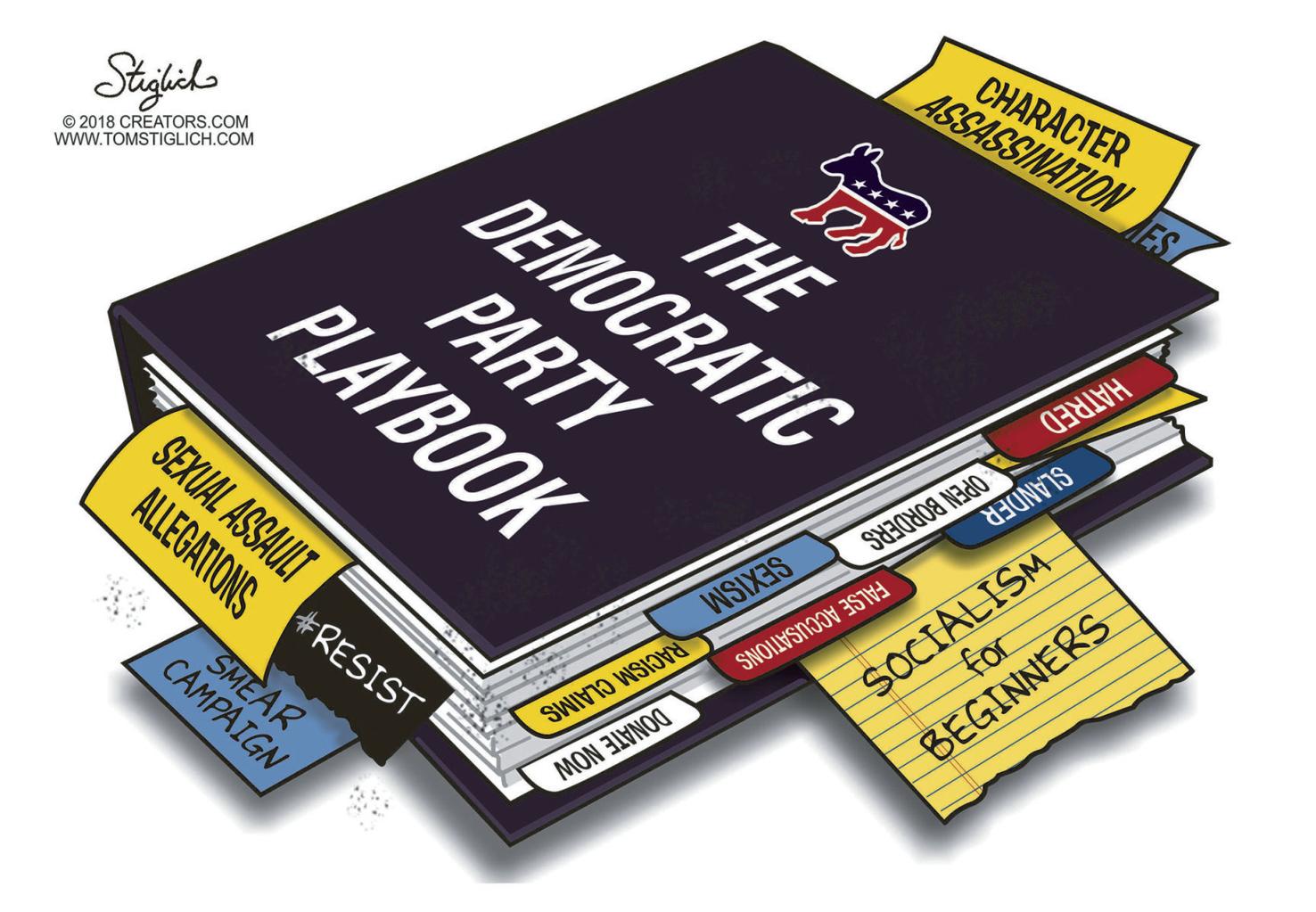Despite the fact that Kansas is a heavily Republican state, the governor’s office has been split party control for the past 40 years.
Since Mike Hayden was Elected as a Republican in 1986, both parties have enjoyed 20 years of control of the governor’s mansion in Kansas.
After Hayden’s four years, he was denied a second term by Democrat Joan Finney.
But she wore thin on the Kansas voters like Hayden did, and she chose not to run in 1994.
Bill Graves, won the governor’s mansion back for the Republicans, and that started a trend of eight-year swings for both parties.
After Graves, Kathleen Sebelius took control for the Democrats for eight years, and following that, Republican Sam Brownback became governor for eight years.
The last eight years has been controlled by Democrat Laura Kelly.
But in her tenure, Republicans have actually expanded their super majority in the Legislature.
Republicans have been able to override virtually all of Kelly’s vetoes especially in the last session, and the budget was actually produced last year by the Legislature rather than the governor.
When Kelly’s term ends in 2026, it will cap a 40-year period where Republicans and Democrats have split the governorship equally, and if history is any indication, Republicans are poised to take Cedar Crest.
The landscape has certainly changed over the years. Kelly was re-elected even though she only won a majority of votes in eight of the 105 counties in Kansas.
That means Kansas has become urbanized even though the election was only separated by 22,000 votes. Conservative Dennis Pyle ran as an independent and siphoned off more than 20,000 votes, but he was rewarded by losing his Kansas senate seat in the Republican primary, finishing third to Craig Bowser who won the general election.
Republicans have expanded their control of the Kansas Senate from 28 of the 40 seats in the beginning of Kelly’s term to 31 seats today. Democrats control only nine seats of the Kansas Senate, giving Republicans control of 78 percent of the Senate.
Republicans also dominate in the Kansas House, moving from 86 of the 125 seats at the beginning of Kelly’s tenure to 88 seats today. Democrats control 37 seats, giving the Republicans 70 percent control of the chamber.
With those numbers, Republicans can easily produce the necessary two-third majority vote needed to override a governor’s veto.
There have been several candidates announce to replace Kelly, who is term limited, and the challenge for the Republicans will be to select a candidate who can win a general election.
If Republicans have shown any flaws, it has been selecting a candidate who can succeed in November, not just August.
The last two candidates, both defeated by Kelly, became victims of the “Brownback 2.0” scheme. When Brownback was governor, he enacted a risky tax plan that gave cuts on property, but because many property owners live out of state, the economic benefit of that money being invested in Kansas never materialized, and that caused a massive shortfall in revenue in Topeka.
Brownback went on to be appointed by Donald Trump to be an ambassador at large to guard against threats to religious freedom, and Jeff Colyer filled out the remaining few months of Brownback’s term.
But Colyer was narrowly defeated by Kris Kobach for the Republican nomination, And Kobach became the first victim of the Brownback 2.0 strategy employed by the Democrats, claiming reckless tax breaks would damage the state.
That and independent Greg Orman siphoned off 68,000 votes which allowed Kelly to win.
Derek Schmidt was a strong Republican candidate in 2022. He was well-spoken, but the Brownback 2.0 strategy was played again, and Schmidt did not counter it well enough to win.
There are four well-known candidates currently announced for the Republican nomination as well as some others, but the question will be if they can accomplish two key campaign challenges.
First, they will have to address the Brownback 2.0 strategy and put that to bed. They can do this by making a case for their tax policy and how it will work to improve the lives and business climate in Kansas.
The second is to overcome the typical, “I’m a middle-of-the-road” politician claim that the Democratic candidate will again repeat as Kelly and Sebelius claimed to be.
They aren’t. They are Democrats. Proud Democrats. There’s nothing wrong with that. But Kelly compromised on next to nothing. She vetoed 18 bills, and the Republican Legislature overrode 14 of those.
In seven years, she has vetoed 84 bills, and each year the number of overrides continues to grow as does the Republican majority.
Some may believe the field of Democratic candidates to be weak. Few know Senators Ethan Corson and Cindy Holscher. But few knew Kelly when she ran.
Republican candidates are more well known, including former Gov. Colyer, Senate President Ty Masterson, Secretary of State Scott Schwab, Insurance Commissioner Vicki Schmidt and some other names not as well known.
The Republican primary will get messy, and the campaigning has already begun. Don’t be surprised to see some of the candidates in Seward County in the near future.
But the key will be putting together a platform that appeals both to rural and urban Kansans. And a successful Republican won’t be able to win by just coming out ahead in Southwest Kansas. They will have to dominate the rural areas to counter the liberal cities.
Will Republicans win the trifecta? Let the race begin.
Earl Watt is the owner and publisher of the Leader & Times in Liberal, Kansas. Watt started his career in journalism in 1991 at the Southwest Daily Times. During his career, the newspaper has won a total of 17 Sweepstakes awards from the Kansas Press Association for editorial content and 18 Sweepstakes awards for advertising. Watt has been recognized with more than 70 first place awards for writing in categories from sports and column to best front pages, best sports pages and best opinion pages. Watt is a member of the Sons of the American Revolution and is the descendant of several patriots who fought for America's freedom and independence.





